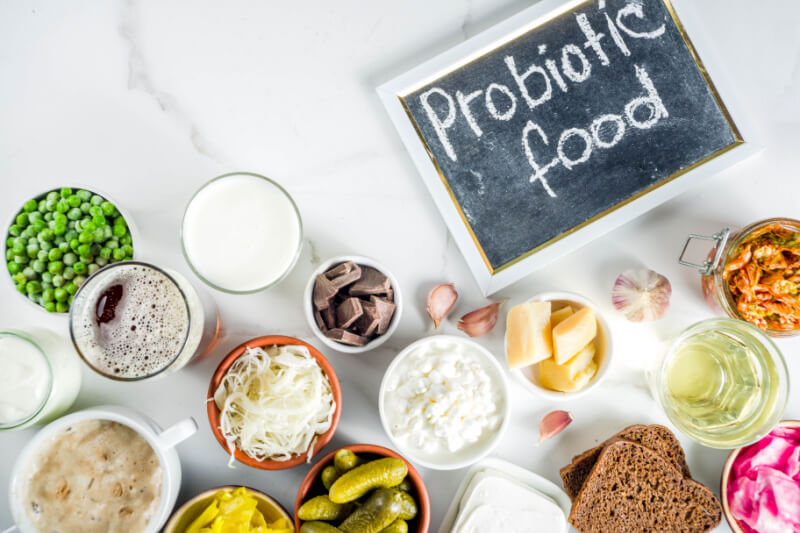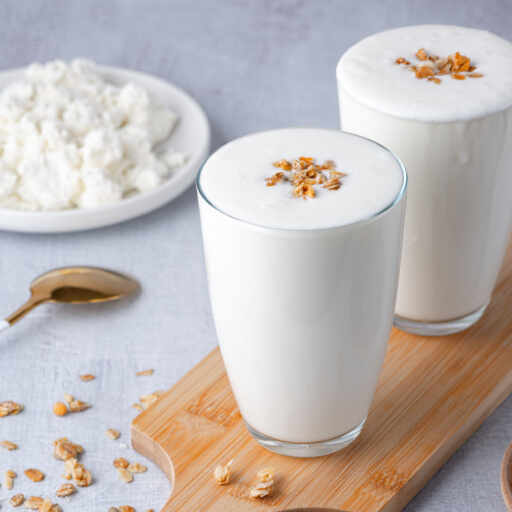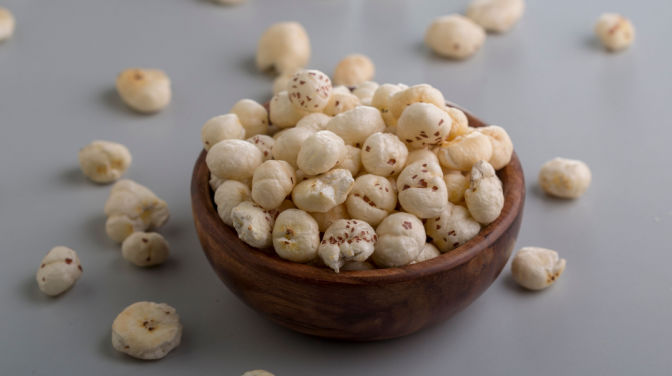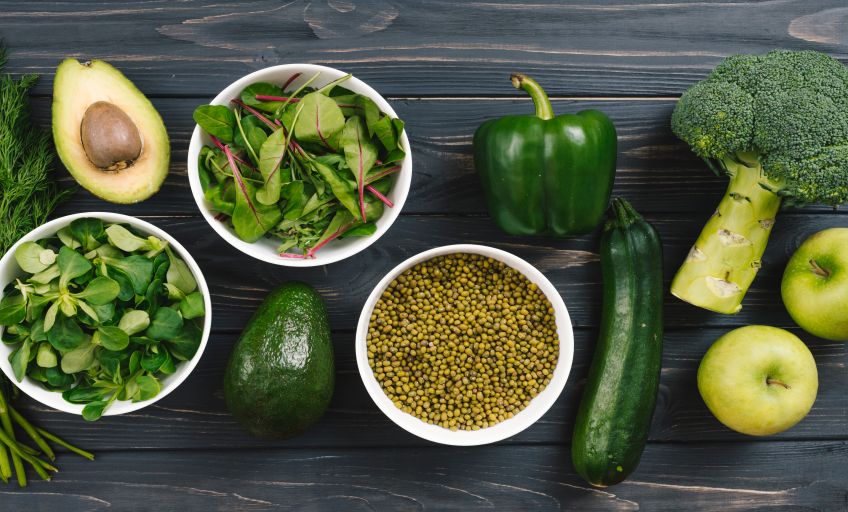We always associate bacteria with illness-causing organisms. However, certain kinds of bacteria are friendly and good for health.
What you need to know:
What are probiotics?

Probiotics are a combination of bacteria and yeast which benefit your gut health and digestive system, and they can be consumed through fermented foods or supplements.
A microbiome is a collection of microorganisms in a human body, such as bacteria, fungi, viruses and other microbes. The microbiome is primarily located in the gastrointestinal tract and plays a crucial role in digestion and immune function, and it also improves your mental health. Some microbes also exist in the mouth, vagina, urinary tract, skin, and lungs. For a microbe to be called a probiotic, it must have the following characteristics:
- Be isolated from a human,
- Survive in the intestine after ingestion,
- Benefit your body, and
- Be safely consumed.
What causes a gut imbalance?
At times, the bad bacteria can overpower the good ones, leading to a gut imbalance the factors that cause this imbalance are:
- Eating a meal low in fiber or consuming too much dietary fiber;
- Eating excess unhealthy, sugary, and processed foods;
- Chronic stress leading to inflammation;
- Gastro infections caused by bacteria, viruses, or parasites;
- Environmental factors, including exposure to toxic substances and pollution; and
- Using antibiotics for a long time can kill some beneficial bacteria apart from the harmful ones.
Benefits of probiotics
Take a look at the potential benefits of consuming probiotics:
- The good bacteria in the gut can improve digestion and reduce digestive issues like bloating, gas, and constipation. Increasing your probiotic intake can also reduce the risk of diarrhea, irritable bowel syndrome (IBS), yeast infection, lactose intolerance, urinary tract infection, gum disease, and upper respiratory infections like sinusitis and the common cold.
- Good bacteria support your immune system and control inflammation.
- Probiotic food can help lower blood pressure and cholesterol levels and improve oral hygiene.
- Probiotics can improve skin health by improving conditions such as acne, eczema in children, and rosacea which causes redness. It reduces oxidative stress and inflammation.
Probiotic-rich drinks
While you can get probiotics from foods, including yogurt, fermented pickles, sourdough bread, and kimchi, among other sources, many probiotic drinks are advantageous for your health.
Take a look at some recipes for probiotic drinks given below:
Buttermilk
Ingredients:
- 1 cup curd
- 1 glass water
- 1 teaspoon cumin powder
- 1/2 green chili (optional)
Method:
- Put all the ingredients in a blender and give it a whirl.
- Serve with some ground pepper, and add ice if needed to relish this probiotic drink.
Probiotic Lemonade
Ingredients:
- 10 lemons, juiced for 12 servings
- ¾ cup sugar
- 1 cup whey
- 2.3 to 2.8 liters of water
- Some jaggery
Method:
- Put the jaggery into a glass jar and add some hot water to dissolve it.
- Pour lemon juice into the jar, and fill it with filtered water. Let it cool.
- When the liquid is at room temperature, add whey (the liquid left after curdling) to it and stir slowly.
- Cover the jar tightly and let it sit on the counter for 2-3 days. Store in the fridge and relish this healthy probiotic drink.
Fermented Orange Juice
Ingredients:
- 2 ½ cups fresh orange juice
- 2 tablespoon whey
- Filtered water
- Salt to taste
Method:
- Pour the orange juice into a glass jar.
- Add 2 tablespoons of whey and a pinch of salt.
- Fill the jar up with approximately 1 cup of water (room temperature).
- Cover with the lid and give a quick shake.
- Leave it at room temperature for 48 hours. Follow up by refrigerating it for a few hours, and enjoy this probiotic drink!
Consume these probiotic drinks to stay healthy.
Stay tuned to the Activ Living Community. Keep up to date with the latest health tips and trends through expert videos, podcasts, articles, and much more in nutrition, fitness, mindfulness, and lifestyle conditions like Asthma, Blood Pressure, Cholesterol, and Diabetes.
You may also like to read blogs on:
- What are prebiotic foods and how can they benefit your gut health?
- How to fight type 2 diabetes with good gut health?
Popular Searches
How to lower blood pressure | Fruits good for liver | Unhealthy foods | Ragi Benefits | Basal Metabolic Rate | Acupressure points for High Blood Pressure | Ayurvedic medicine for blood pressure | How to control cholesterol at home | Homeopathy for Asthma | Biological Age | Home remedies for TB | Natural beta blockers | Negative effects of internet | Types of walking | Blood pressure calculator | Blood sugar calculator | BMI Calculator





 1800-270-7000
1800-270-7000









Kudos on your blog post! The content was well-structured and organized, making it easy to follow along. I found the examples you shared to be relatable and applicable to real-life situations. To explore more about this topic, <a href="https://digestsync24.com/text.php#aff=Hibiscus24" target="_blank">click here</a>.